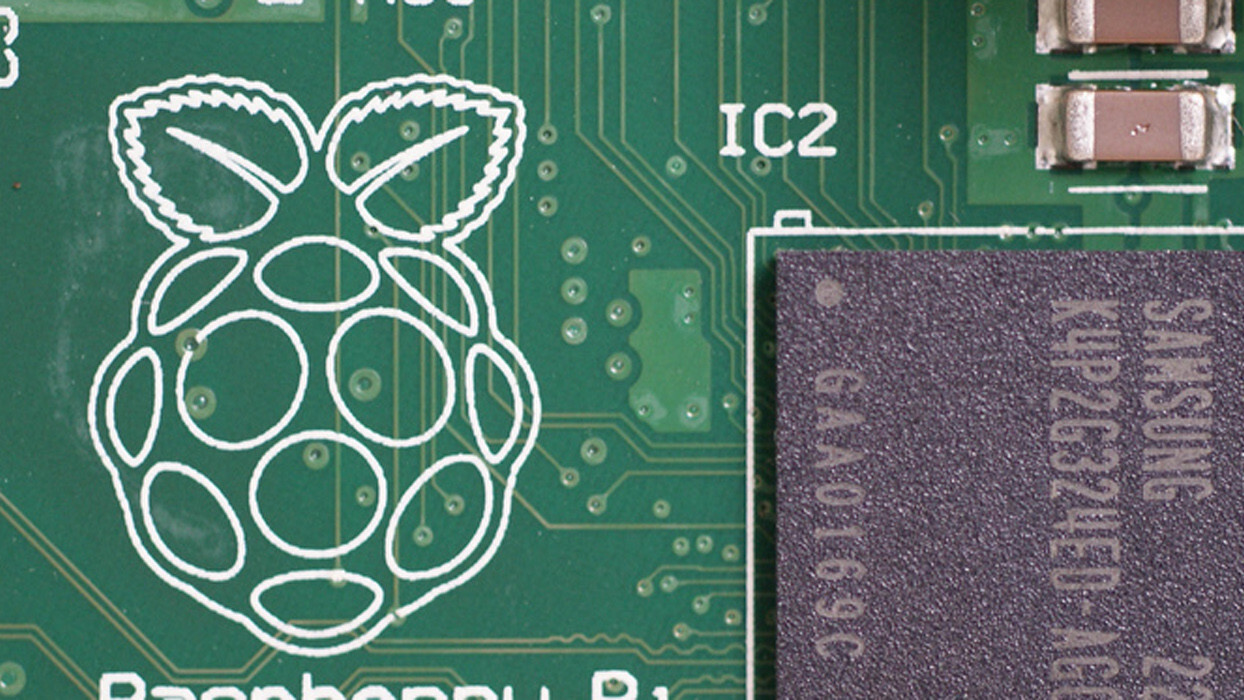
Mini computer favourite Raspberry Pi just got fatter as element14, the collaborative community and electronics store furthers its partnership and launches the new 512MB board.
The latest version provides double the RAM and so it is able to cope with multimedia, high memory and mobile applications. According to element14. this should enable the tiny computer to run a future version of an Android 4.0 OS.
The 512MB board is manufactured by Sony UKTec as part of a multi-million pound manufacturing deal announced last month, this shifts the production from China to the UK.
As ever, you’ll have to be quick to get your paws on the tiny board, the original sold out quickly as it captured the imagination of hackers and makers worldwide. Element14 has global stock which is available on a first come, first served basis through its brands Farnell element14 in Europe, Newark element14 in North America and element14 for Asia Pacific. Subsidiaries CPC in the UK and MCM Electronics in the US will also carry the new version.
Mike Buffham, Global Head of EDE for Premier Farnell says that the extra memory enables higher performance applications and services with the potential to add things like a touchscreen and power source to take the Raspberry Pi mobile.
The appeal of the fist Raspberry Pi was the hope that teachers and engineers could stimulate an interest in programming and computing at all levels.
The new board is on sale at the same price as the old one at $35. It will initially be sold in one uncased configuration with two USB ports, 512MB of RAM, HDMI port, SD memory card slot and an Ethernet port.
With 512MB of RAM, the faster, more rapidly accessible memory also means that both CPU and GPU both now have sufficient RAM to function optimally. Previously users may have had to alter the memory allocation CPU / GPU when they needed to swap between playing multimedia and ensuring the CPU still had enough RAM to work properly.
Having more memory means users can now easily set the memory allocation to a level which means they can use multimedia at will and still have plenty of RAM to run other processes powered by the CPU.
The Raspberry Pi Foundation is a charity that supports the belief that there is a need for developers to understand more about what happens ‘under the hood’ of a computing device. The element14 Community has been supporting design engineers for over three years and offers organic support, expert advice and information to all members and a platform to share ideas and examples freely.
Image Credit: GijsbertPeijs
Get the TNW newsletter
Get the most important tech news in your inbox each week.





